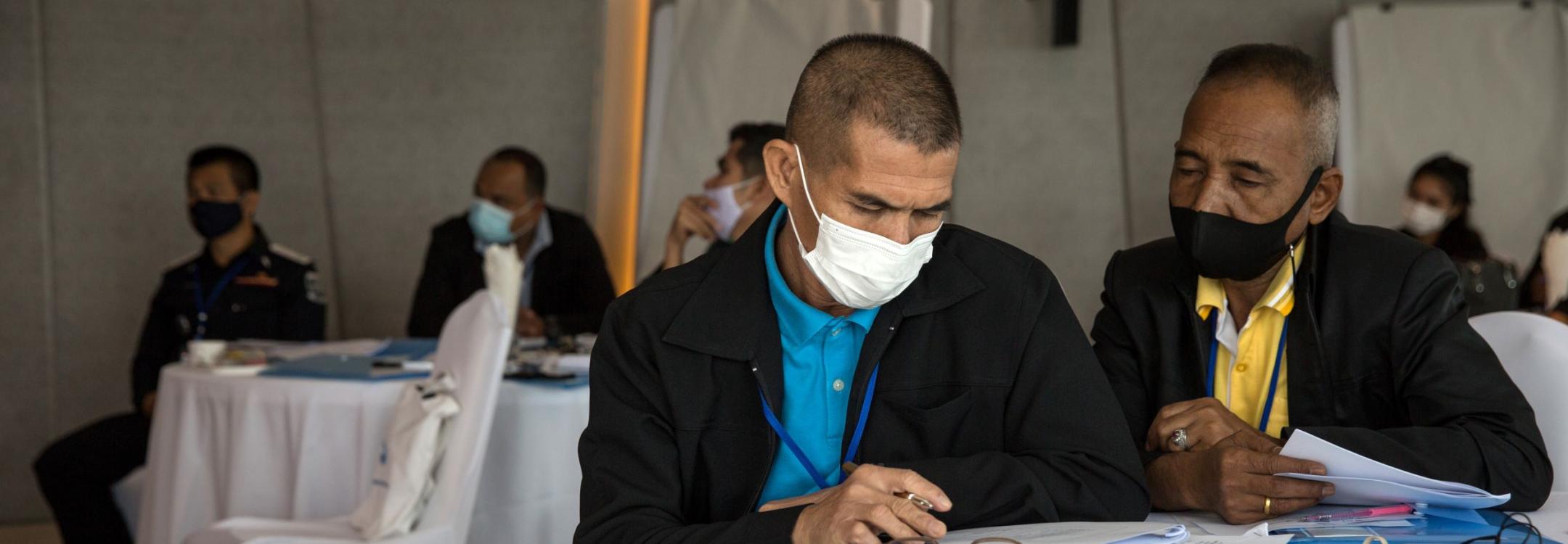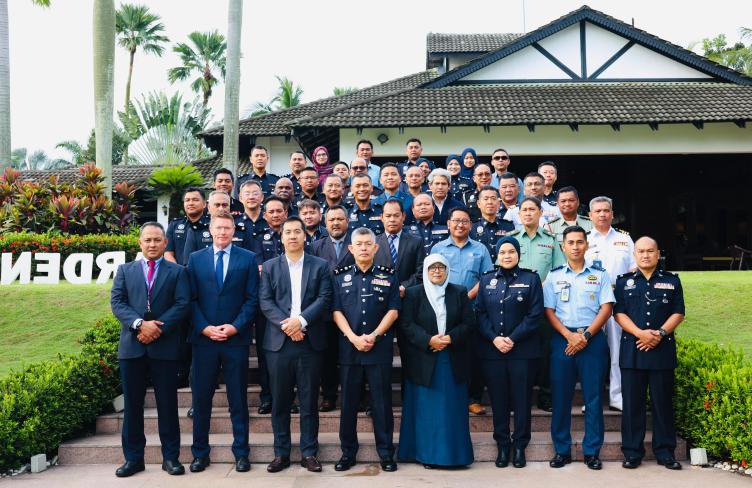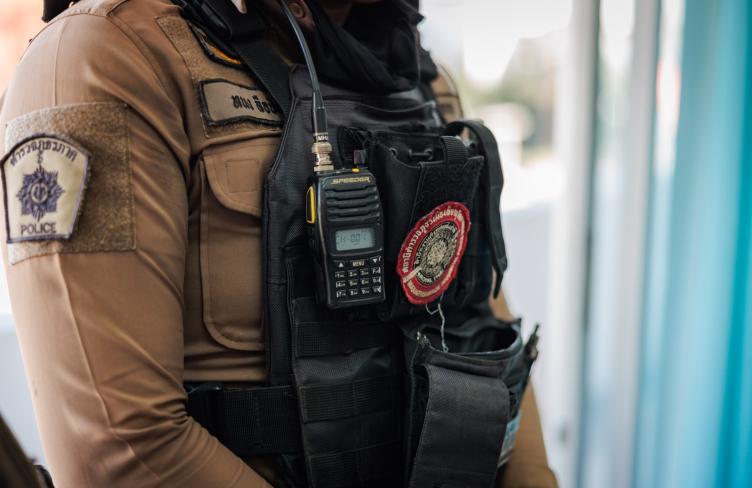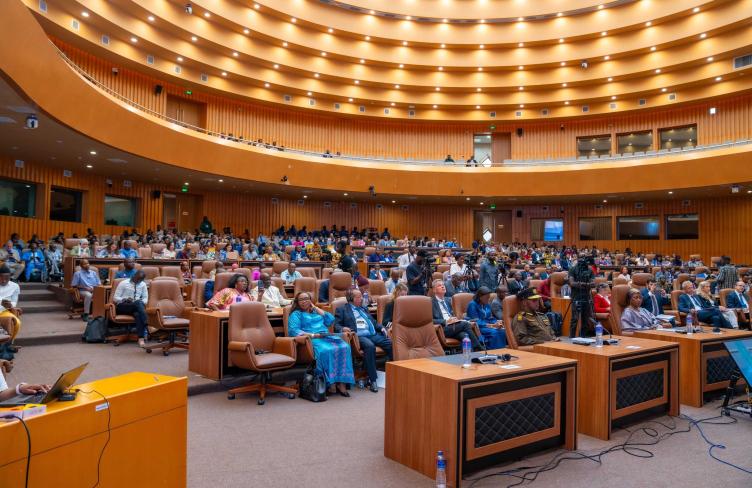
A two-day webinar has brought together police, prosecutors, judges and detention monitors in the Philippines to discuss practical steps for implementing the Méndez Principles and strengthening processes to monitor police custody across the country.
Held on 22-23 February 2022, the webinar was organised by the APT, the Commission on Human Rights of the Philippines (CHR) and Task Force Detainees as a forum to engage with national stakeholders and build understanding and support for the Méndez Principles.
“The webinar supports our #SafeInCustody project to enhance the capacity of oversight bodies to monitor police custody,” said Manachaya Yankittikul, APT Regional Project Officer. “It also supports efforts to strengthen police capacity in investigation and evidence gathering, drawing on the effective interviewing techniques set out in the Méndez Principles.”
The opening day of the webinar introduced participants to the key elements of the Méndez Principles.
In a video presentation, Juan Méndez, former UN Special Rapporteur on Torture and Co-Chair of the Steering Committee responsible for developing the Principles, explained the benefits for investigators in moving away from coercive interrogation, including gathering more reliable information and upholding safeguards for those interviewed.
Thomas Fitzgerald, Detective Superintendent with New Zealand Police, described the experience of investigators in his country applying effective interviewing techniques in their work. He emphasised that training investigators using the PEACE interviewing framework had improved the quality of investigations and professionalism of staff.
Attorney Eric Henry Joseph Mallonga, from the Interim National Preventive Mechanism (INPM) of the Philippines, shared his vision for the prevention of torture in the police custody. He urged the Philippines National Police (PNP) to undertake a transformation process to promote cultural change and end coercive interrogation procedures.
On the second day, participants joined thematic groups on five key topics to brainstorm strategies and action plans to promote implementation of the Méndez Principles:
- Monitoring police custody and police perspectives on oversight
- Police training in investigation and information gathering
- Strengthening PNP for effective police investigation
- Roles of the judiciary and prosecution to exclude confession obtained through torture
- Public opinion on police investigation and crime prevention
Participants noted that although the Philippines has an anti-torture law, it has not yet been fully implemented. There was agreement that the Méndez Principles would assist criminal justice actors in undertaking investigations while also upholding human rights and restoring public confidence in the PNP. One of the judges said that the Mendez Principles should not only be applied to law enforcement officials, but flow through to the executive and judiciary.
Closing the event, CHR Chairperson Leah Armamento restated the Philippines’ commitment to implement the Méndez Principles. The APT and the European Union also expressed their continued support for national stakeholders in their efforts to prevent torture and ensure that access to justice is a reality for all in the Philippines.
The #SafeInCustody project is funded by the European Union. This content is the sole responsibility of the APT and does not necessarily reflect the views of the European Union.


